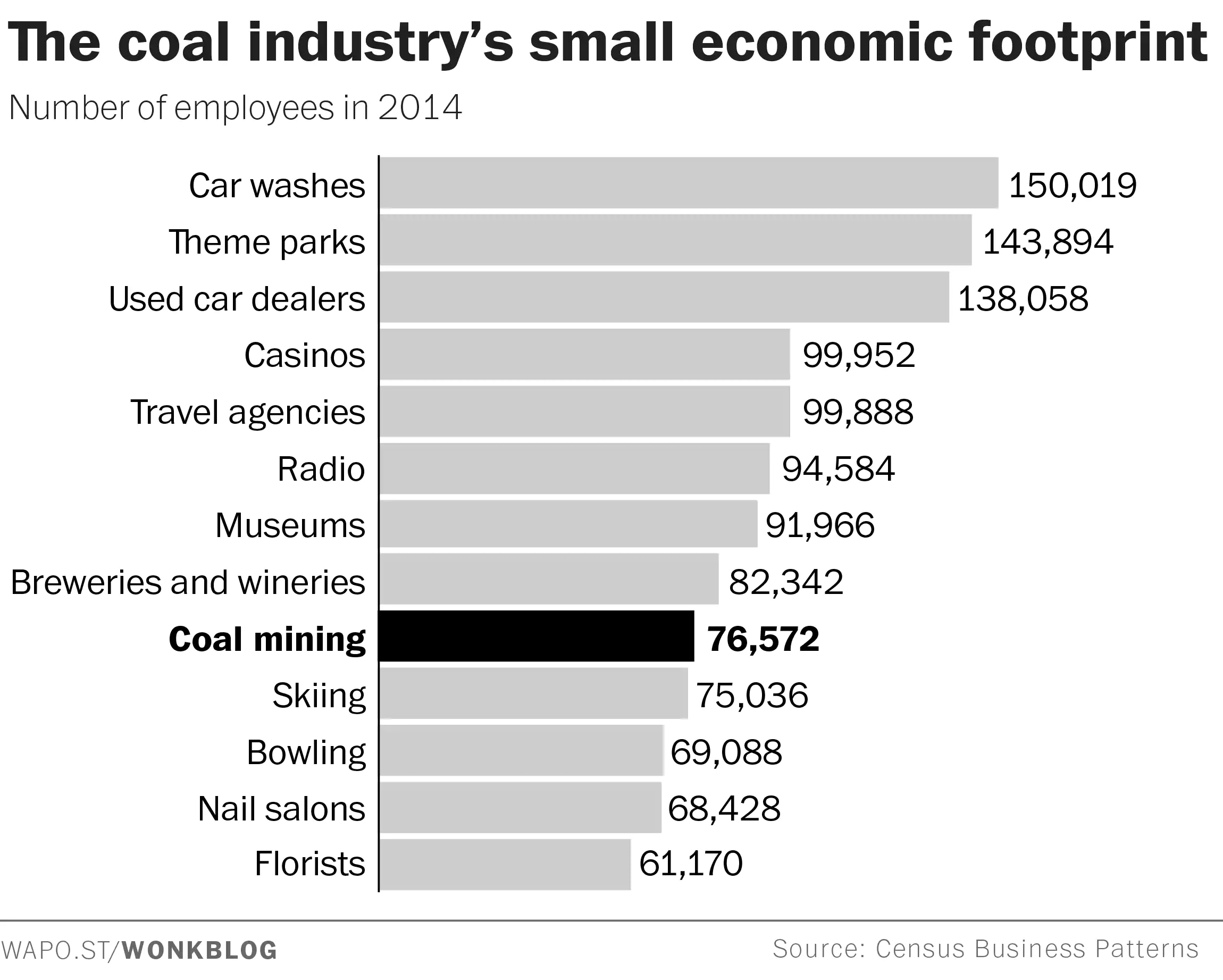Follow the Money
Investment in the World Energy System Still Dominated by Fossil Fuels
Not that money. Not the hush money, the payoffs, the tax and banking fraud. And not the dark money seeking to influence our environmental, climate, and clean energy policies. Nope, I am talking about the actual money invested in the world energy system last year. Granted, this may not be as interesting to many readers as all the scandals currently swirling around Washington. But if you care about the fate of the planet, these facts matter. Earlier this summer ...
CONTINUE READINGNew Policy Brief: How To Deploy Zero-Emission Freight Technologies At Southern California’s Ports
Brief captures key findings from UCLA / UC Berkeley Law conference in June
The environmental law centers at UCLA and UC Berkeley Schools of Law have released a new policy brief that describes the top challenges and solutions for deploying zero-emission freight technologies at Southern California's ports. Policy Solutions to Boost Zero-Emission Freight at Southern California's Ports summarizes the key findings from a conference on the topic at UCLA on June 8th. The Ports of Los Angeles and Long Beach bring more goods into the U.S. than any o...
CONTINUE READINGClimate Ed. — What are Kids Learning?
Climate change is on the curriculum, but only gets a brief drive-by in science classes.
What are kids learning about climate change in school? As children are about to head back to school, this seems like an especially appropriate time to ask that question. The good news is that nearly all students are likely to be exposed to the basics about climate change. Covering the subject is required by school science standards in every state. Idaho recently flirted with the idea of dropping the requirement but retreated under pressure from teachers and the studen...
CONTINUE READINGCalifornia Court Finds Public Trust Doctrine Applies to State Groundwater Resources
Court Rejects Claim That SGMA "Displaces" Public Trust's Application to California Groundwater
The California Court of Appeal for the Third Appellate District has issued an important decision declaring that California's powerful public trust doctrine applies to at least some of the state's overtaxed groundwater resources. The court's opinion also rejects the argument that California's Sustainable Groundwater Management Act (SGMA) displaces the public trust doctrine's applicability to groundwater resources. The Court of Appeal's opinion in Environmental L...
CONTINUE READINGCalifornia Legislature Increases Renewable Energy Mandate To 60% By 2030, Carbon-Free By 2045
SB 100 still needs Governor Brown's signature but cements state's leadership on renewables
California continues to show its climate leadership, as the state legislature yesterday passed the groundbreaking Senate Bill 100 (De León) to bump its renewable portfolio standard from 50% to 60% by 2030, while pledging to achieve a 100% carbon-free grid by 2045. The state joins Hawaii, which had set a similar 2045 goal in 2015. California is now the leader within the U.S. at deploying renewables like solar and wind (excluding hydropower). Even Hawaii's 2017 deploym...
CONTINUE READINGTrump Administration Announces Revisions of NAFTA with Strengthened Environmental Provisions
Revised Environmental Obligations in Preliminary Agreement With Mexico Appear to Track Environmental Chapter of Trans-Pacific Partnership
The Office of the U.S. Trade Representative (USTR) has just announced that it reached preliminary agreement with Mexico for a renegotiated NAFTA. The 24-year old trade agreement between Mexico, Canada, and the U.S. was a major topic during the 2016 presidential campaign and has been a centerpiece of USTR activity in the Trump administration. The new agreement will be called the US-Mexico Trade Agreement rather than NAFTA, though it is unclear what the future status of NA...
CONTINUE READINGWhat’s Ahead for Trump’s Pro-Coal Rule?
Be prepared: this is going to remain a live issue for at least two years.
You’ve already heard a lot about Trump’s pro-coal ACE rule. You’re likely to keep hearing about it, off and on, throughout the next couple of years, and maybe longer. I’ve set out a rough timetable below, and at the end I discuss some implications. Step 1: The Rulemaking Aug. 2018 Notice of proposed rule issued (clock for comments starts with publication in the Federal Register) Oct.-Nov. 2018 Comment period closes Oct.-Nov. (60 days after clock starts, ...
CONTINUE READINGSimon and Garfunkel’s New Environmental Video
Who Said the 60's Were Outdated?
Have a good weekend: ...
CONTINUE READINGYoga Instructors Bend Coal Industry Out of Shape
Administration's New Plan Will Do Nothing for Jobs
What could yoga tell us about the Administration's Orwellian "Affordable Clean Energy" Plan, which my colleagues have eviscerated, and whose name resembles the Holy Roman Empire? Lots, actually: in particular, that it relies upon a false promise of job creation. An important piece last year by Christopher Ingraham of the Washington Post detailed just how small the coal industry figures in the economic life of the nation. According to the Bureau of Labor Statistic...
CONTINUE READINGWhen Republicans Fought for a Clean Environment
Environmentalism Used to Be a Bipartisan Issue
It is not unreasonable and overly rigid environmental regulations and restrictions that stand in the way of the expanded use of the nation’s coal reserves. It is the reluctance, and at times the refusal, to recognize the very serious health hazards and environmental, social and cultural impacts associated with a rapid rise in coal use. These are the words of a Republican, Russell Train. Train served as the country's second EPA administrator, after William Ruckelshaus,...
CONTINUE READING










